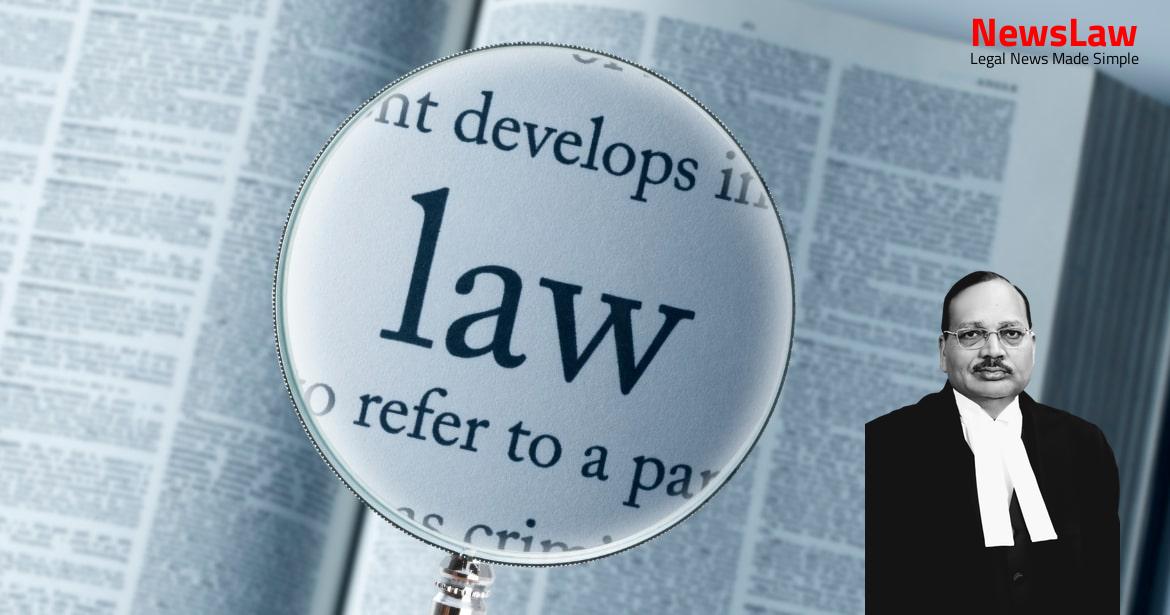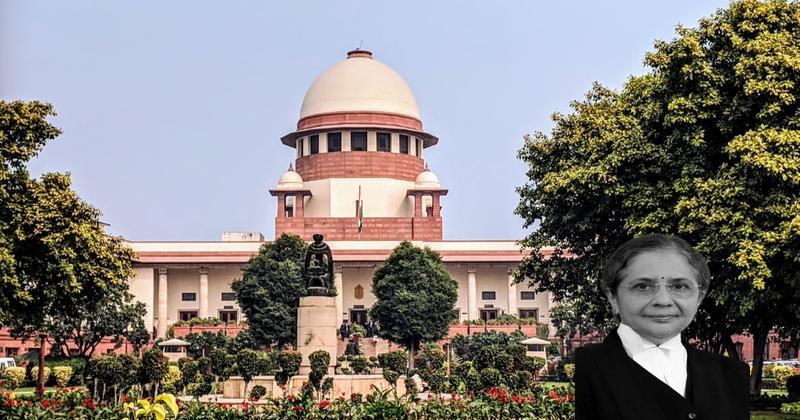Explore the detailed legal analysis conducted by the court regarding lease deeds and the transfer of liability in a recent case. The court scrutinized the validity of unregistered lease deeds and the obligations of new lessees to settle previous dues. Stay informed about the intricacies of legal formalities in property transactions and their implications for liability issues.
Facts
- The CBI initiated prosecution against numerous rice millers and recommended blacklisting of 182 millers for a specified period due to quality issues in rice.
- Writ petitions filed by new entities were allowed by the High Court, setting aside the ban imposed by the FCI on allocating paddy to them.
- Division Bench of the High Court upheld the ruling of the Single Judge in favor of the new entities.
- FCI declined allocation requests from new lessees, alleging they were only trying to bypass the ban by taking over from blacklisted lessors, which the Court found to be unsubstantiated.
- No evidence of connivance between the current proprietors of petitioner-firms and the previous defaulters was established.
- It was common practice in Punjab for government agencies to allocate paddy for custom milling to rice mills.
- The rice mills were supposed to supply the rice post-milling as per approved specifications to FCI.
- To avoid the ban, mill owners leased out their mills to similar firms during the ban period.
- The ban on allocation of paddy for custom milling and blacklisting of defaulting rice millers was done after serving show cause notices and considering objections.
Also Read: Legal Analysis on Arbitration Petition Limitation Period
Arguments
- The liability for default of dues or supply of sub-standard rice was argued to be attached only to a rice miller found responsible after due enquiry and notice.
- The lease deeds relied upon by the new entities were considered unregistered documents and deemed to have no legal sanctity.
- The lease durations in question ranged between 2 to 5 years or even for an indefinite period, exceeding the 1-year cut-off for compulsory registration.
- The lease deeds were alleged to be sham transactions executed by defaulting rice millers to evade liability for FCI’s losses.
- The respondents argued that the legality of the lease arrangement was undisputed by the parties involved, and no third party, including FCI, had the standing to question the contract.
- The counsel for the respondents presented details through a chart showing substantial amounts recoverable by FCI, emphasizing that actions impermissible for defaulting rice millers should not be allowed through indirect means by new lessees.
- Lease holders took over land, building, and machinery without obligations to discharge previous liabilities.
- FCI was unreasonable to coerce lessees to make payments.
Also Read: Analysis of High Courts’ Jurisdiction and Court Orders Under Article 142
Analysis
- Lease-deeds cannot be accepted as evidence of valid transfer of possessory rights.
- Documentation was made only to escape liability on defaulting rice millers.
- No reliance can be placed upon the lease deeds allegedly executed.
- The lease deeds do not satisfy the statutory requirements of Section 17(1)(d) of the Registration Act, 1908.
- The High Court erred in setting aside the orders of FCI declining to allocate paddy to new lessees of defaulting rice mills
- High Court should not have opined on the sufficiency of lease deeds for recognition of a new legal entity and non-transfer of liability to lessees
- Even if a proprietorship/partnership firm took over a defaulting mill based only on word of mouth, it cannot claim allocation of paddy unless previous liabilities are satisfied
Also Read: Electoral Malpractices in Mayor Election
Decision
- Respondent-lessees’ writ petitions dismissed with liberty to pay dues with penalty/interest to original rice-millers.
- On production of ‘No Dues Certificate’, respondent-lessees can seek allocation of paddy for custom milling as per FCI policy.
- Orders of the learned Single Judge and Division Bench of the High Court are set aside.
- Appeals allowed based on the reasons stated.
Case Title: F.C.I Vs. M/S V. K TRADERS AND ORS., ETC.ETC. (2020 INSC 286)
Case Number: C.A. No.-002070-002070 / 2020



